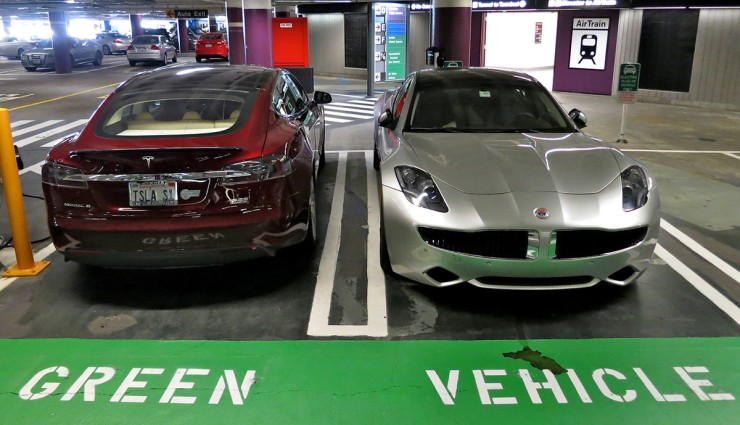
EVs may reduce strain on air conditioning systems
Air conditioning systems have to deal with the so-called ‘urban heat island’ effect, when human activity in big cities contributes towards temperature levels in the urban environment.
Now it seems the growth of electric vehicles, or EVs, could help to relieve some of the strain on buildings’ air conditioning systems, potentially allowing them to become naturally more efficient as a result.
A positive switch
Researchers at Michigan State University have published a study in Scientific Reports, in which they looked at the ‘cool factor’ of EVs.
Notably, they discovered that the switch from internal combustion engines to battery-powered EVs could have quick consequences for the urban heat island effect.
Paper co-author Jianguo ‘Jack’ Liu said: “It’s easy not to see the big picture on issues like electric cars and global warming, but when we look with a holistic approach, we find these unexpected connections.
“Heat waves kill, and in terms of climate change, even one degree can make a difference.”
Real world impact
The study found that EVs emit just one fifth of the heat produced by an internal combustion engine – and in very densely populated cities like Beijing, that could lead to a full degree Celsius temperature difference in summer.

